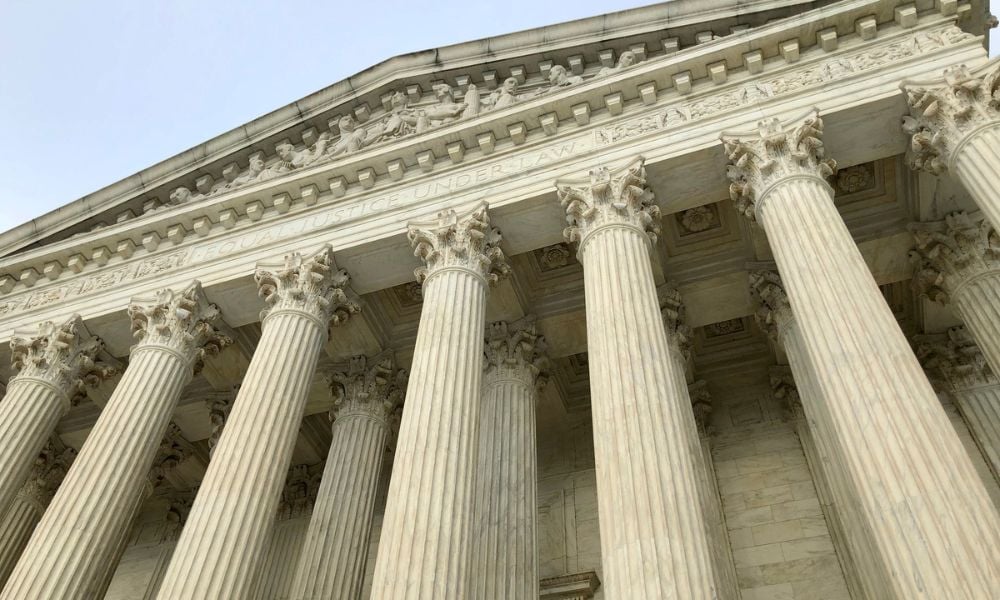
U.S. Supreme Court supports first-amendment claim

The U.S. Supreme Court today sided with Lorie Smith, a Colorado-based web designer, who claimed that the First Amendment protected her right to refuse work for same-sex wedding announcements.
This decision comes as a victory for religious conservatives who continue to rail against the court’s 2015 ruling on marriage equality for gay and lesbian couples.
Lorie Smith, an evangelical Christian, filed a lawsuit in 2016 seeking a federal court order declaring her business exempt from state anti-discrimination laws if a same-sex couple sought her services.
Justice Neil Gorsuch, writing for the court’s majority opinion, emphasized that Smith’s first-amendment right to free speech — specifically the right to abstain from expressing support for same-sex marriage — takes precedence over a Colorado law that prohibits discrimination based on sexual orientation.
“Ms. Smith seeks to engage in protected First Amendment speech; Colorado seeks to compel speech she does not wish to provide. As the Tenth Circuit observed, if Ms. Smith offers wedding websites celebrating marriages she endorses, the State intends to compel her to create custom websites celebrating other marriages she does not. That is an impermissible abridgement of the First Amendment’s right to speak freely.”
However, the court’s three liberal justices dissented, arguing that Smith’s actions, rather than her speech, were the central concern.
Justice Sonia Sotomayor wrote — and she was joined by Justices Elena Kagan and Ketanji Brown Jackson — that this ruling sets a dangerous precedent.
“Today, the Court, for the first time in its history, grants a business open to the public a constitutional right to refuse to serve members of a protected class,” wrote Sotomayor.
Smith, who is the owner of 303 Creative, a web design company in Littleton, Colo., was represented by the Alliance Defending Freedom, a conservative Christian advocacy group that previously opposed same-sex marriage in the landmark 2015 Obergefell v. Hodges decision.
Smith argued that her work as a hired web designer constitutes an artistic expression of her personal beliefs and complying with the anti-discrimination law would be equivalent to the state compelling her to endorse same-sex marriage.
Since the Obergefell decision, several cases have used this ruling as evidence to the court.
However, in each instance, the justices have either rejected appeals seeking exemptions from non-discrimination laws or issued narrower decisions favouring the objectors to same-sex marriage without providing a broader determination regarding whose rights should prevail.
During oral arguments in December, the court’s liberal and conservative factions interpreted previous court precedents to support significantly different outcomes.
Justice Ketanji Brown Jackson noted that the court did not heed religious objections raised by segregationists in the 1960s against laws and court orders prohibiting discrimination.
Despite opposition based on religious grounds, the court in the 1967 Loving v. Virginia case declared such prohibitions as “directly subversive of the principle of equality at the heart of the 14th Amendment.”
In 1968, the Court dismissed a South Carolina restaurant owner’s argument that allowing Black persons to dine on the premises “contravenes the will of God,” deeming it “patently frivolous.”
Justice Alito said opposition to same-sex marriage should not be equated with racial prejudice. He pointed out that in the court’s 2015 ruling on same-sex marriage, the majority opinion respected those who held traditional moral beliefs opposing such unions.